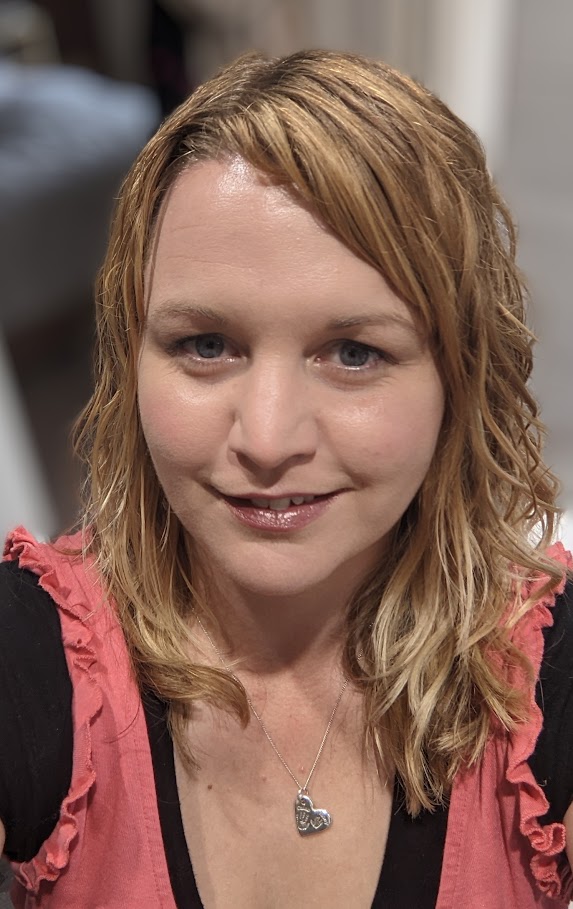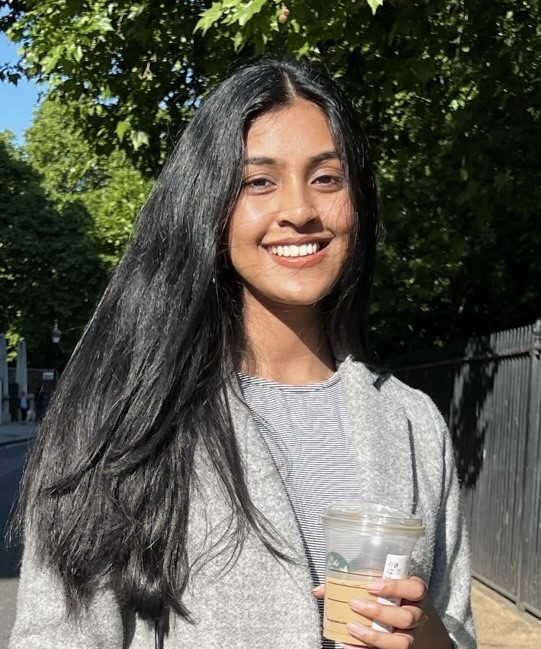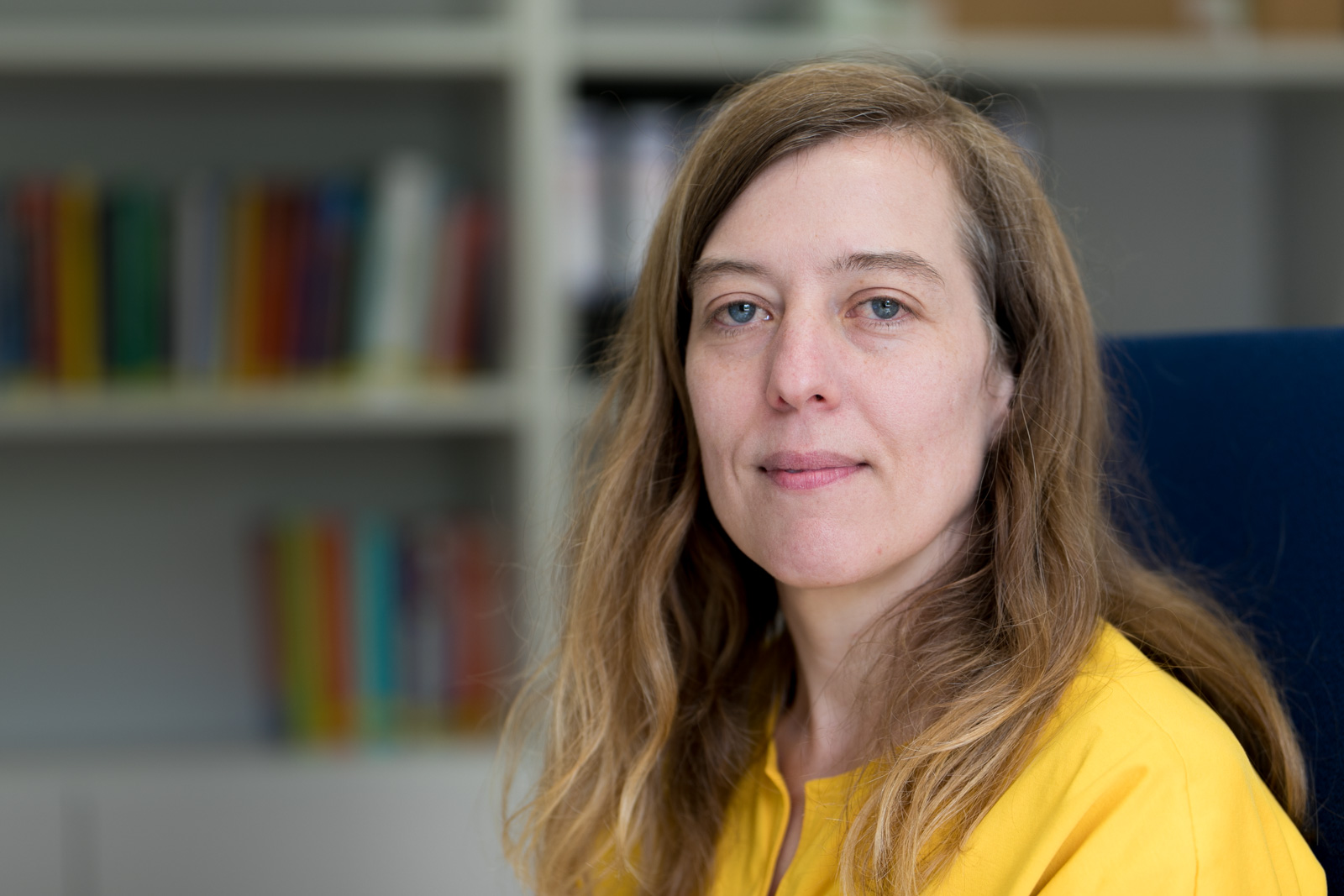Conference of Multimodality in Early Interactions - "CoMEIn" for ECRs

It is our pleasure to invite you to the Conference of Multimodality in Early Interactions or "CoMEIn" for ECRs, to be held on
April 18th 2024 at the University of Warwick.
“CoMEIn” for ECRs is a one-day interdisciplinary conference that aims to provide a platform for PhD students and Post-doctoral researchers to share their findings, insights and unique perspectives on the role of multimodality (i.e., various modes of communication such as gesture, prosody, speech etc...) in early caregiver-child interactions, and how this may shape communicative development in the early years. There will be keynote speeches from established scholars on cross-disciplinary topics related to the overarching theme of multimodality in early interactions, as well as a careers talk and Q&A session from a panel of academics in the field, for ECRs to gain insight into securing a job in academia.
As such, we encourage early career researchers working on the topic of multimodality in early interactions, to be a part of this wonderful event and secure the opportunity to: present their findings, network with fellow exciting minds in the field, gain insight into academic professional development, and foster the potential for future collaborations.
Registration
Registration opens: Monday, 22nd January 2024
To register your attendance, click here: https://www.eventbrite.com/e/conference-on-multimodality-in-early-interactions-comein-for-ecrs-tickets-726231486927Link opens in a new window
Registration fee: This is a free event funded by the Economic and Social Research Council (ESRC), and the Warwick Institute of Advanced Study (IAS). There will be coffee, tea, lunch, and refreshments provided during the day. Please register your participation so that we can book the right numbers for food and drinks.
Deadline: Sunday, 31st March 2024
Presentation Guidelines
Preliminary guidelines for oral presentations
Individual talks will be given 10 minutes for presentation and 5 minutes for discussion. Please use either PowerPoint or PDF format for the presentations.
Preliminary presentation guidelines for posters
Poster boards allow for A0 paper size, which is 841 x 1189 mm (33.1 x 46.8 inches). The poster boards can only be set up in portrait orientation.
Important Dates
-
Abstract submission opens: October 12th 2023 -
Abstract submission closing deadline: December 22nd 2023 January 5th 2024 -
Notification of acceptance: January 19th 2024 -
Registration opens: January 22nd 2024 -
Registration closes: March 22nd 2024 -
CoMEIn 2024 at the University of Warwick: April 18th 2024
Organisers
Kirsty Green (research interests: iconicity, language development, infant-directed speech, engagement, gesture)
Mingtong Li (research interests: multimodal communication, iconicity, language development, symbol grounding)
Teruni Ahamat (research interests: gesture, infants, shared book-reading, language development)
Conference Programme
CoMEIn 2024 Uploaded Oral and Poster presentations (password protected)Link opens in a new window
Keynote Speeches
As part of the programme, we will have keynote speeches from three established researchers in the field. See below for their biographies:
Professor Gabriella ViglioccoLink opens in a new window
Gabriella is a professor of the Psychology of Language in the Department of Experimental Psychology at University College London. She received her PhD from the University of Trieste in 1995, was a post-doc at the University of Arizona, and after being at the University of Wisconsin as Assistant Professor and at the Max Planck Institute for Psycholinguistics as a visiting scientist (1999-2000), she moved to UCL.
She leads a team composed of psychologists, linguists, computer scientists and cognitive neuroscientists sharing the vision that understanding language and cognition requires integration of multiple levels of analysis and methodological approaches. The overarching goal of their work is understanding how language and other aspects of cognitive functioning relate to each other.
Gabriella’s work is testament to the multimodality of language in both adults’ and children’s speech and she has a number of projects that investigate multimodality in early interactions. For example, her lab has developed the ECOLANG corpus which includes video-recorded interactions between adults and other adults and adults and children, concerning known and unknown objects that are either present or absent during the conversations. They show that iconic gestures are much more frequent in adult-directed speech and child-directed speech both when objects are unknown and when they are absent.
Dr Elizabeth Kirk
Elizabeth is a developmental psychologist, and her research focuses on the role of gesture in language and thought. She joined the Psychology department at Anglia Ruskin University as a Senior Lecturer in 2018. Before that, Elizabeth was a lecturer in Psychology at the University of York, and before that she was Senior Lecturer in Developmental Psychology at the University of Hertfordshire. Elizabeth received her doctorate from the University of Hertfordshire in 2009.
Elizabeth’s research interests include gesture in parent-infant interactions, specifically how encouraging infants to gesture (Baby Sign) affects language development and parental-infant interaction, how exposure to more than one language impacts upon infant’s gesture production, and what bilingual infant’s gestures reveal about their language development. She is also interested in the role of gesture in thought such as how encouraging children to gesture while they solve a creative thinking task can make them more creative, how gesture can also mislead children during eyewitness interviews and how it can create false memories.
Prof. Dr. Pamela PernissLink opens in a new window
Pamela is a professor in the faculty of Human Sciences at the University of Cologne and is also Chair of Sign Language Interpreting. Prior to this, she has worked as a senior lecturer in Linguistics at the University of Brighton and a Research Associate in Deafness, Cognition and Language at University College London. She received her PhD from the Max Planck Institute of Psycholinguistics in Nijmegen in 2007.
Pamela's research interests include sign language linguistics and psycholinguistics, multimodality of language, iconicity of language, and sign language interpreting (especially interpreting between DGS (German Sign Language) and German) and sign language acquisition (especially DGS acquisition as a foreign language).
Venue
"CoMEIn" for ECRs will take place in the Zeeman Building at the University of Warwick. We will meet in the Zeeman building at the start of the day. The oral presentations will take place in MS.04 and the poster session will take place in the Street on the ground floor
You can use this map to find the Zeeman Building:
Interactive Campus Map (warwick.ac.uk)
Travel
How to get to the university by public transport
The University of Warwick is located in the centre of England and is highly accessible by public transport.
(1) By rail. There are various rail stations that are easily accessed from the campus and they offer excellent links to Birmingham, London and many other major UK cities.
(2) By bus. Local buses offer a frequent and convenient way of travelling to and from campus. There are regular bus services to the University campus from Coventry City Centre and Coventry Rail Station (12X, U12, 11).
(3) By plane. The closest Airport is the Birmingham International Airport (BHX). There are also a number of Airports in London which are approximately 1 hour 30 minutes from Coventry by train.
How to get to the University by car
Pay and Display parking is available on our campus. The closest car parks to the conference venue are Car Park 15 and Car Park 8.
Directions for getting to the University by Car, information about parking on campus and the latest traffic updates for the area local to the University can be found at our Travel Centre.
*Should you need a UK visa or a certificate of participation for our conference, please don't hesitate to contact us. We'll be delighted to assist you.
Accommodation
There is on-site accommodation at the Scarman conference centre but availability is very limited (See website: Warwick Conferences - Scarman - Guest Reservations).
Other popular hotels nearby include:

You could also try:
The Telegraph Hotel
Hotel Indigo, Coventry
Holiday Inn Kenilworth- Warwick
Ramada Hotel and Suites by Wyndham, Coventry
The Dakota, Baginton
Nailcote Hall Hotel
Best Western, Coventry
Double Tree by Hilton Hotel





